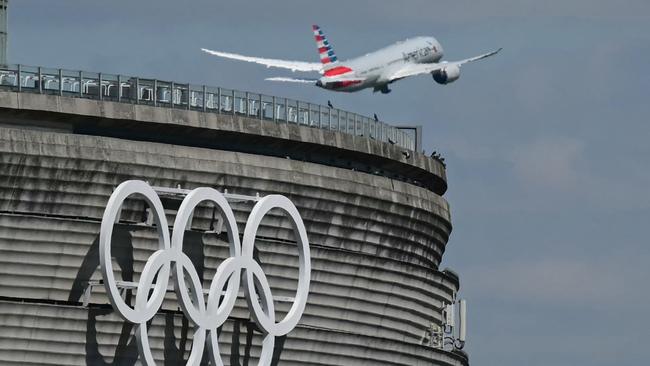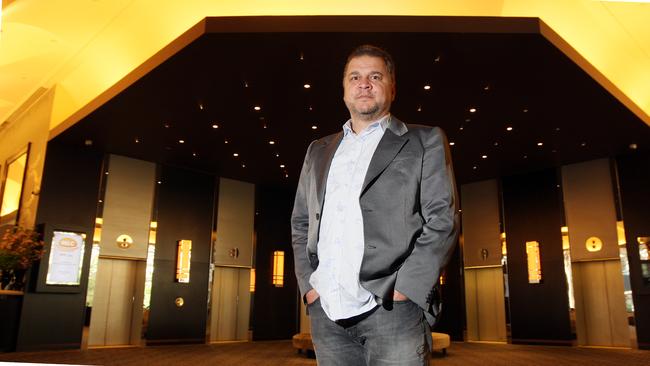Webjet explores splitting its business to achieve greater profits
Webjet has soared to a record annual profit and is eyeing off more success with a potential demerger of its businesses into two ASX-listed companies.

Strong international travel bookings and a booming global bedbanks business has lifted Webjet to its best result on record, as the company investigates whether to split its operations in two.
In the year to March 30, Webjet’s net profit soared to $128.4m, up from $69.9m in the previous corresponding period, due to a powerhouse performance by Webbeds.
The business-to-business (B2B) accommodation distribution platform earned $162.4m, more than three times that of the business-to-consumer (B2C) unit, comprising Webjet OTA, motorhome rental site GoSee and Trip Ninja.
While revealing the results, Webjet said it was exploring a demerger of the B2B and B2C entities to create two stand-alone ASX-listed companies.

Webjet managing director John Guscic said it believed the demerger would improve the long-term growth prospects of each entity, both of which were already diverging.
“One is more focused on what’s going on with the supply and demand of air tickets, which has nothing to do with B2B, which is the supply and demand of hotel rooms on a global basis,” Mr Guscic told The Australian.
“So the thinking has become that potentially if we were to separate, both businesses would have better long-term growth prospects under unique management set up to represent both of those opportunities.”
He said the costs of separating the two entities would not be “massive” because the businesses were already run “completely independently”.
“To put that into context, we have more than 2000 employees across the group and less than 50 who have some shared function, and most of those are in finance, so that’s a question of allocation as opposed to replication,” Mr Guscic said. “But that will all be considered by the board before making a final call.”
Although Webjet OTA was seeing strong international bookings, domestic travel had weakened in the second half of the financial year, which Mr Guscic attributed to the cost of living.
“But the international element is more than making up for it,” he said.
“You’re seeing more airlines flying into Australia than we had pre-Covid and you’re seeing capacity getting back to 100 per cent – all of which is great news for the Australian consumer because airfares have fallen substantially over the last six months.”

No dividend was declared for the 2024 financial year, with the issue to be revisited in April 2026.
Market reaction to the results was positive, with Webjet shares jumping 13 per cent in morning trade before closing at $9.09, up 7.7 per cent for the day.
Analysts were also upbeat about the demerger proposal, which was expected to be completed in the 2025 financial year.
Wei-Weng Chen from RBC Capital Markets said the disparate near-term trading between the two divisions neatly illustrated why the company would be exploring such a move.
“B2B is a global growth and scale story with ambitious targets out to the 2030 financial year, while B2C is likely to benefit from undivided management attention,” Mr Chen said.
“While at present the company is speaking to a demerger, given the attractiveness of the Webjet OTA asset and its leadership position, we would not completely discount a potential trade sale of the B2C division.”
Mr Guscic said the success of Webbeds was due to the disruption of existing supply and demand patterns within the hotel distribution industry, which had put them on track to crack $10bn in total transaction value by 2030.
“We came up with a better mousetrap and as we’ve rolled that out globally we’ve had an advantage over the incumbents, in that we’ve been able to offer more inventory at great prices than some of our competitors. That’s been a key driver of our success,” he said.
“The growth possibilities are still enormous and we’re still at mid-single-digit market share.”







To join the conversation, please log in. Don't have an account? Register
Join the conversation, you are commenting as Logout